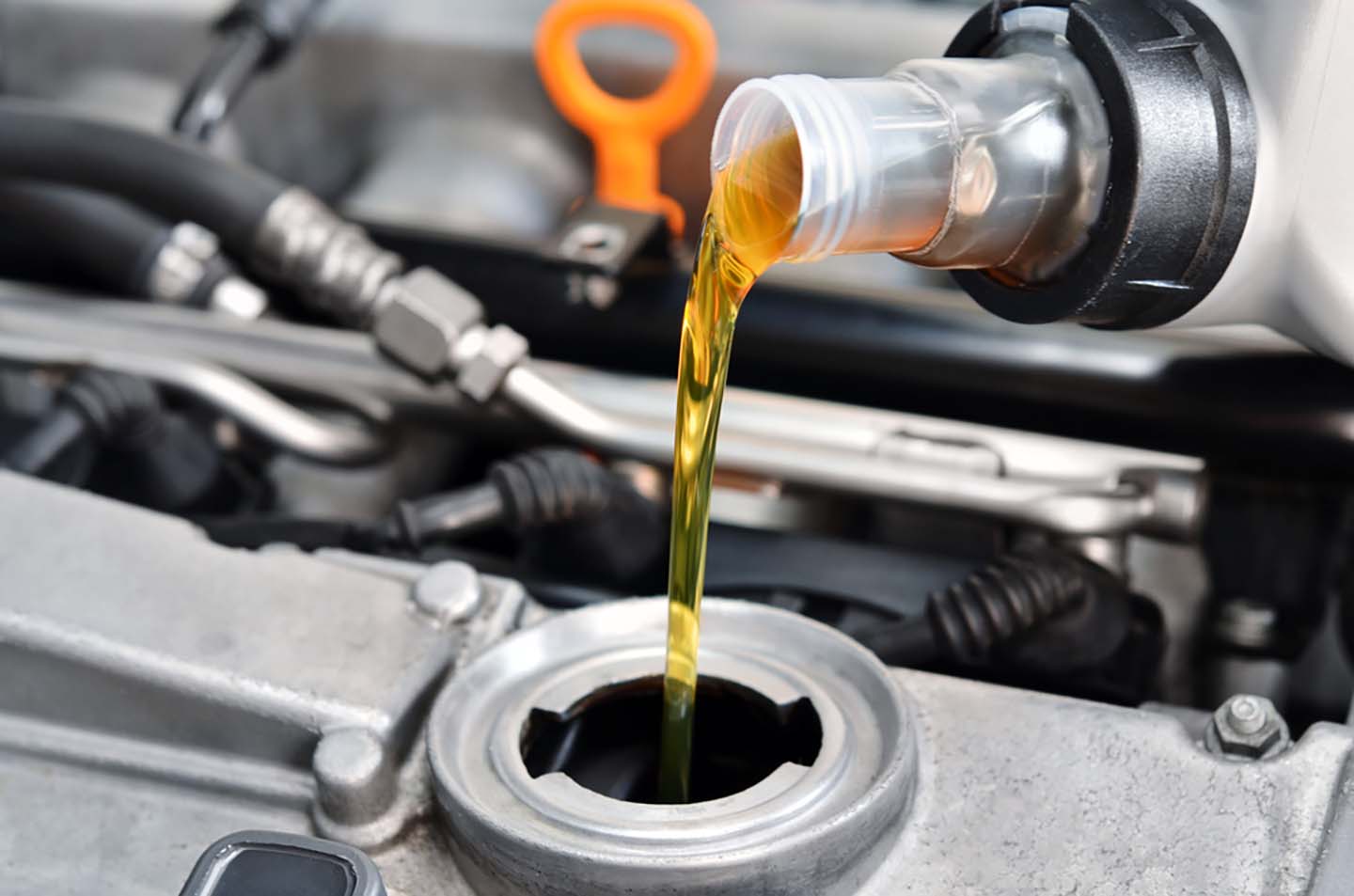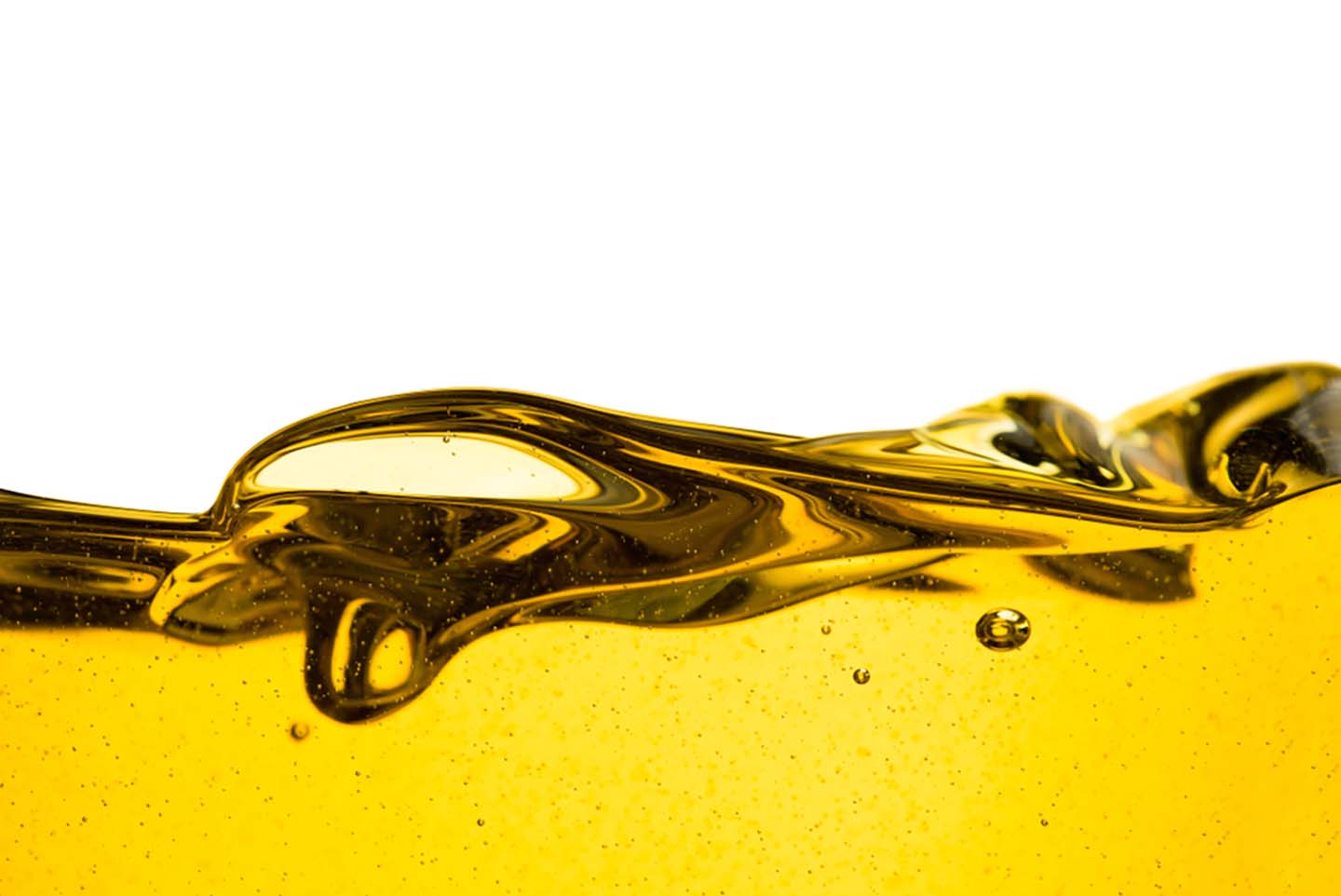What Is the Best Diesel Oil?
Feb 28th 2024

Ensuper/shutterstock.com
All motor vehicles need oil. It adds a protective coat to metal parts to reduce wear and tear and disperses heat to ease friction. Oil is more vital to diesel engines than gasoline engines because they operate under more pressure and produce soot. The excess compression makes the engine more susceptible to damage if it weren’t for the oil’s protective qualities. The type of diesel oil you put into your truck can affect engine performance. So, what is the best diesel oil, and how does it compare to traditional motor oil used in gasoline engines?
What Is Diesel Oil?
Diesel oil is a fluid added to motor vehicles to increase lubrication and reduce structural damage. Metal parts need to connect to generate power, but touching creates friction. Excess friction wears down the coating, releasing debris into the oil or fuel supply. These particles can clog vital passageways, preventing fuel from reaching the engine. The grinding force makes these components less reliable and more likely to break down. Easing the friction makes passing energy from one part to another easier, increasing efficiency.
Oil also cleans the inside of the engine, collecting dirt and residue as it passes over various parts. The oil will get dirty as it picks up traces of these materials, so replace the oil in your diesel engine every 3,000 miles or less when hauling heavy loads across short distances.
Diesel oil isn’t the same as the motor oil used in gasoline engines. It is designed to withstand the added soot found in diesel engines while helping to convert parts of the exhaust into nitrogen, carbon monoxide and water, which are all found naturally in the atmosphere. If you use motor oil in a diesel engine, it could damage the catalytic converter and damage various parts of the engine.

Jamesboy Nuchaikong/shutterstock.com
Traditional Oil vs. Synthetic Oil
All motor oil is made of crude petroleum or polymers. It can be traditional or synthetic. Traditional motor oil is made with mineral oil, which contains impurities that make it less effective. Synthetic oil is made with chemicals that replicate the properties of mineral oil. This process removes impurities to improve engine performance and reliability. Both use additives and detergents to remove dirt from metal parts. Synthetic oil is generally better than traditional oil because it’s more stable and uniform than oil made with natural ingredients, but the additional processing increases the cost.
What to Look For in Diesel Oil
There are several factors to consider when choosing the right oil for your diesel engine. The first is viscosity, which measures how easily the fluid will flow at different temperatures. Oil flows faster at higher temperatures and gels at lower temperatures, which explains why it’s so hard to start your truck in the winter. The grade is listed on the bottle as either a single number (mono-viscosity grade) or a range of numbers (multi-viscosity grade). The lower number shows the cold weather viscosity followed by a “W,” and the higher number shows the viscosity at normal operating temperatures, often exceeding 100 degrees C.
Lower-viscosity oil is easier to pump through the engine, increasing fuel efficiency and power. However, the oil won’t be thick enough to provide a protective coating if the viscosity is too low. Choosing the right viscosity level means striking the right balance between efficiency and long-term protection. It’s helpful to understand what is an oil cooler? and how it can help. Essentially it removes heat from the oil recycled through the engine to prevent damage and improve viscosity. If the cooler can’t lower the oil temperature, the engine could overheat, increasing wear and tear.

Love the wind/shutterstock.com
Replace your oil cooler every 50,000 to 100,000 miles or as engine performance deteriorates. The oil coolers on older models, including the 7.3L Powerstroke, tend to die sooner than expected.
Find Powerstroke 7.3L Replacement Oil Coolers
All motor oil comes with additives to improve lubrication and reduce friction. Some come with anti-wear additives to prevent the oil from losing its lubricating properties. Others come with TBN boosters to prevent corrosion. Displacement in the oil or fuel supply increases the amount of water running through the engine.
Finding the Best Diesel Oil for Your Engine
The best diesel oil for your engine is the one recommended by the original equipment manufacturer. If you want to squeeze as much mileage out of every gallon, use a 10W30 viscosity motor oil. However, if you want to maximize your engine’s lifespan, consider going with a 15W40 for additional protection. Older engines with worn parts may benefit from additional friction reducers and TBN Boosters.
The oil you put in your vehicle is only as good as the oil system moving it through the engine. A dirty high-pressure oil pump or clogged oil filter will only spread debris throughout the supply. Replace the HPOP to improve oil pressure and flow on older models, and swap out the filter to keep it clean.
